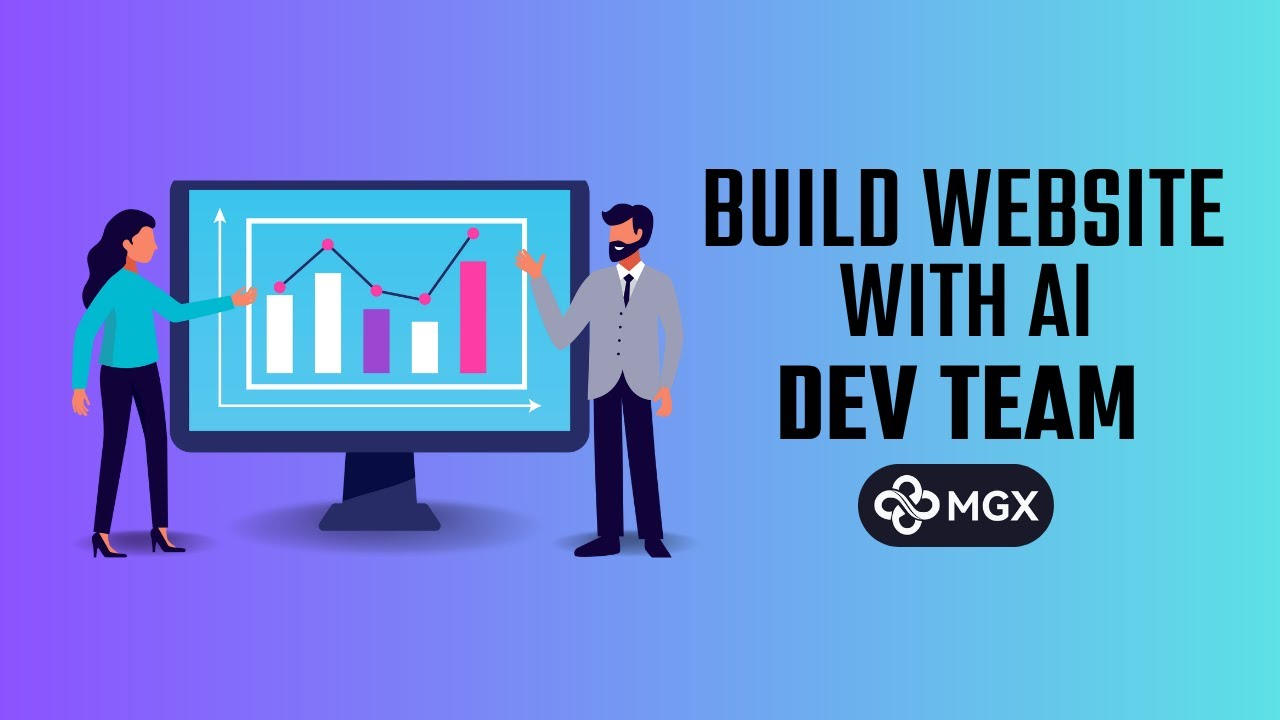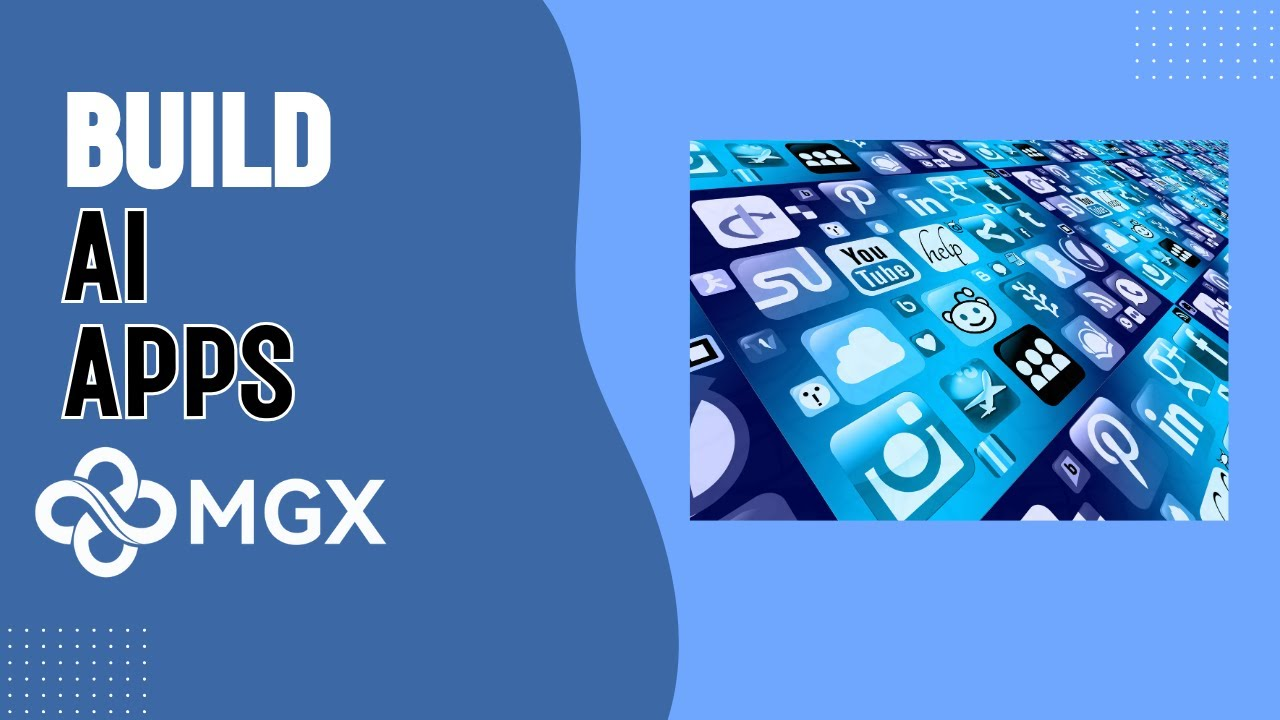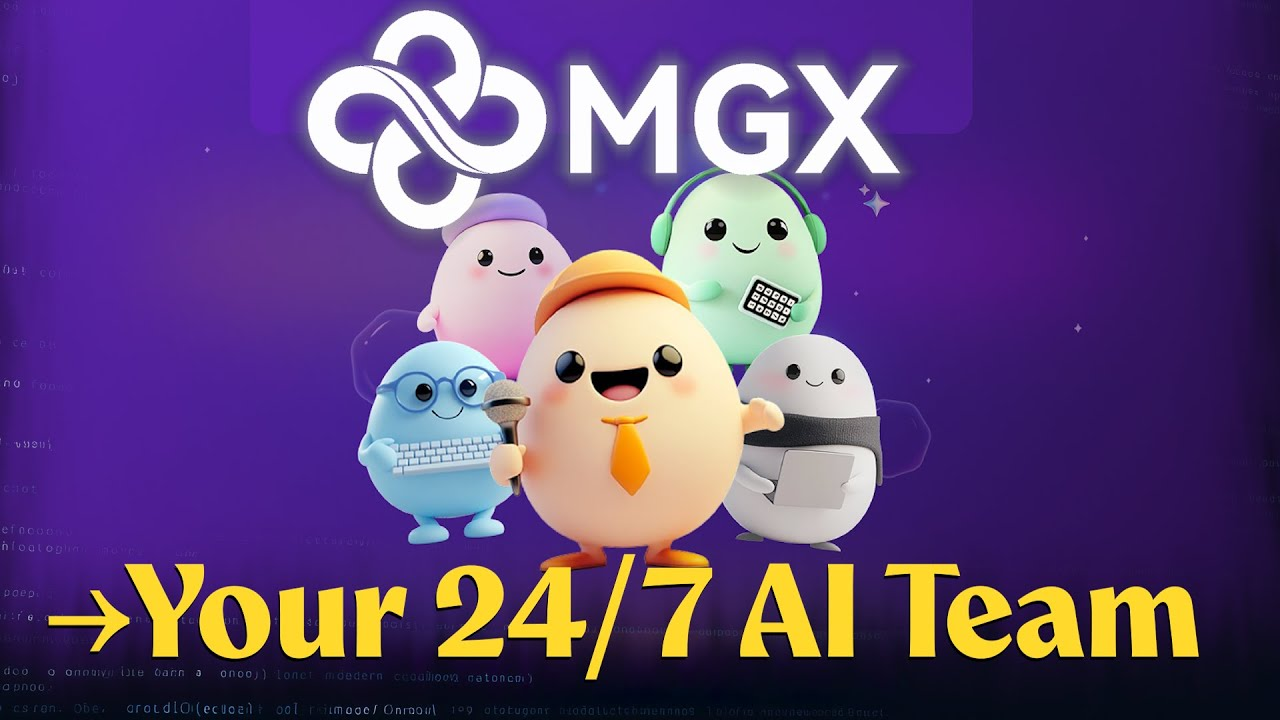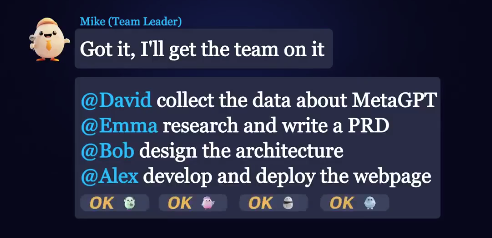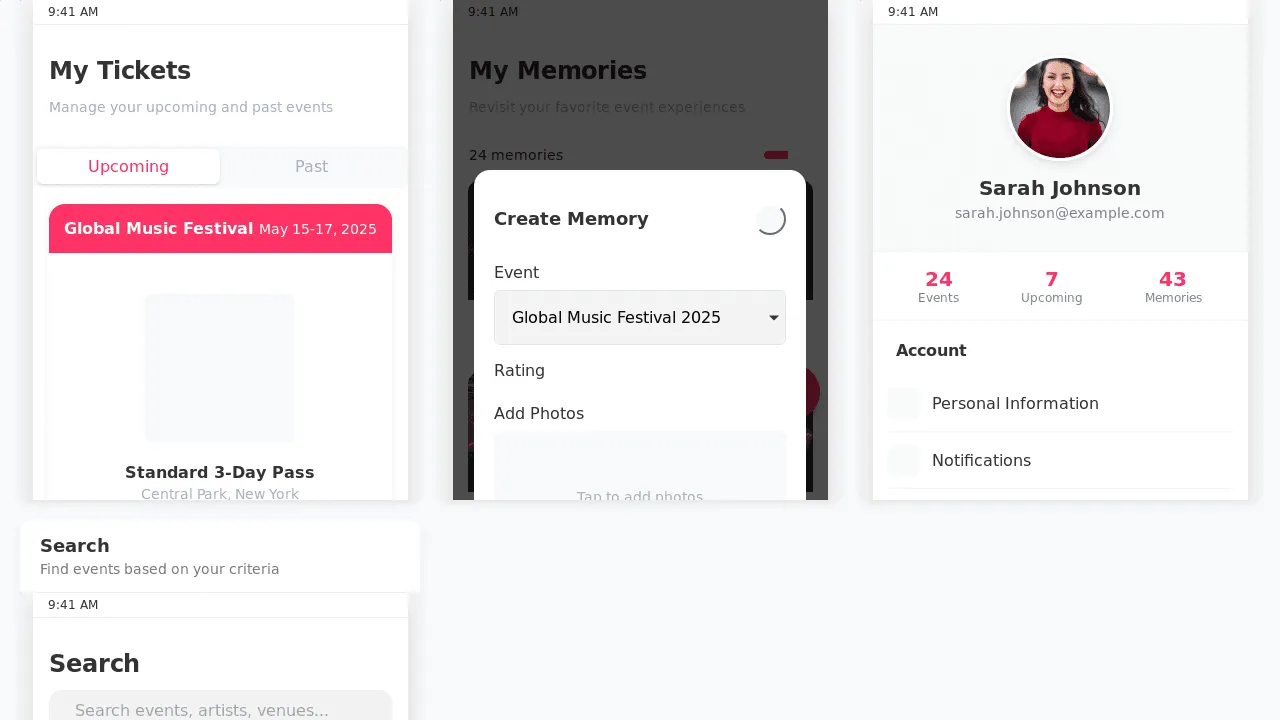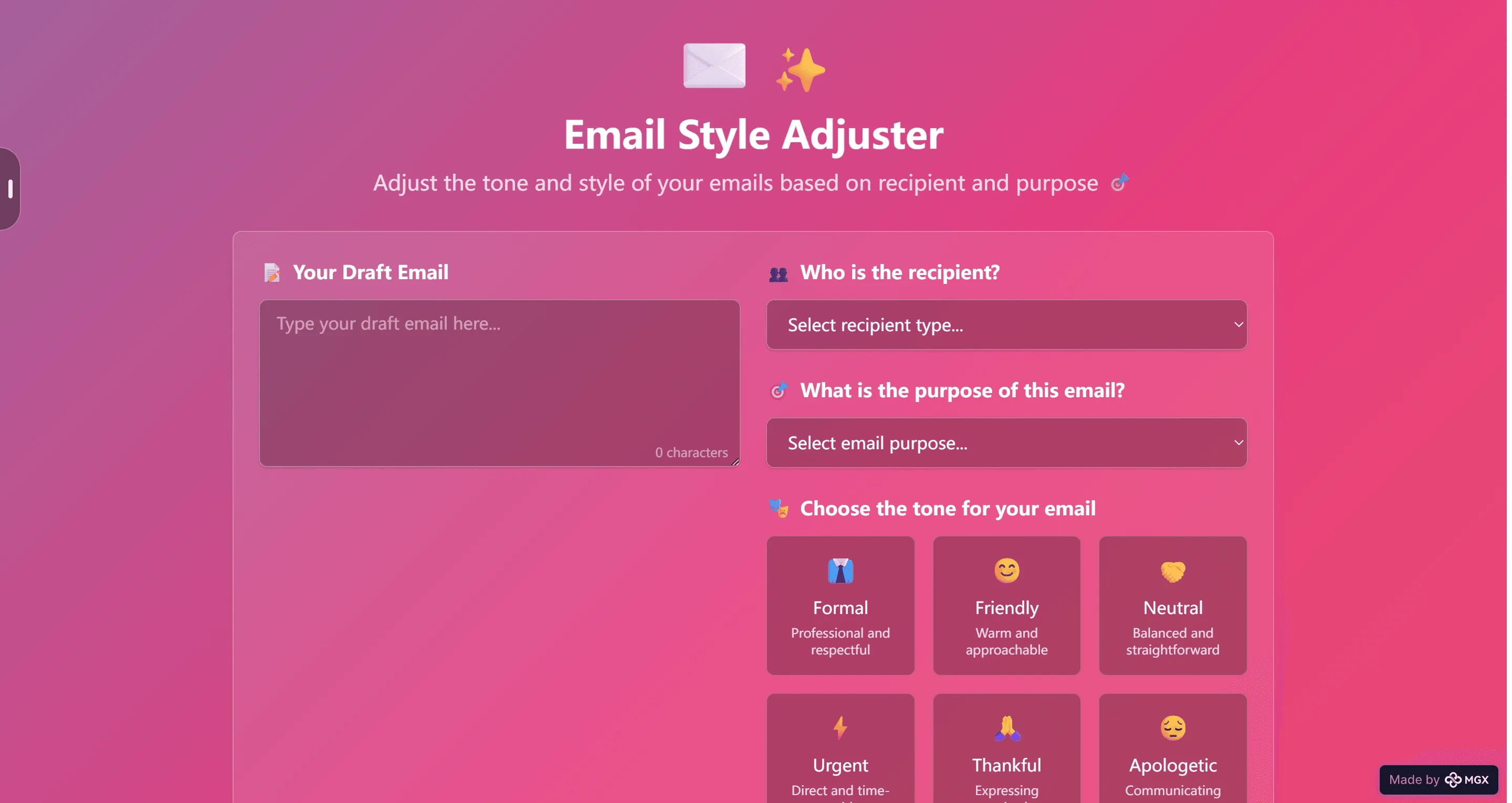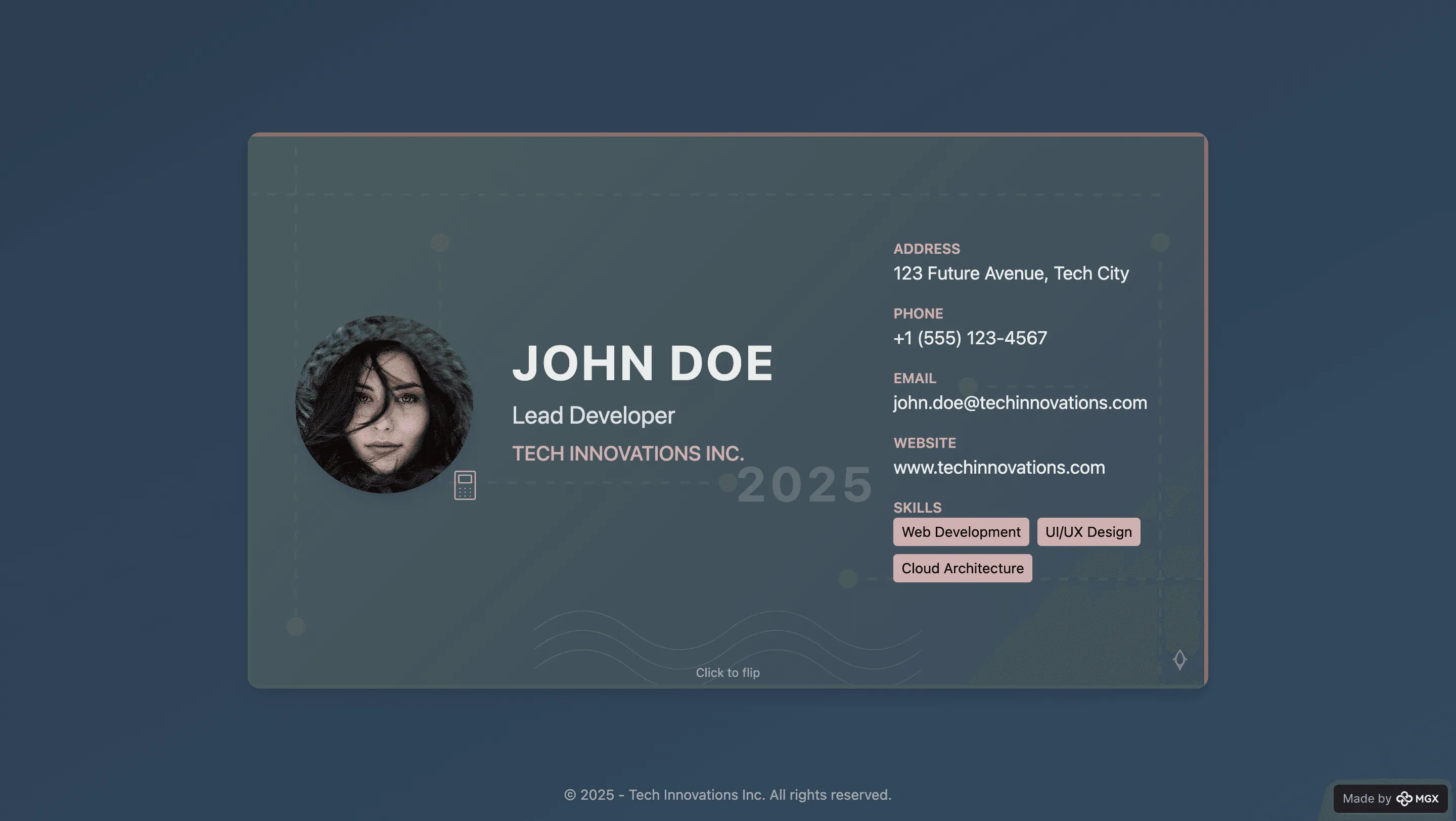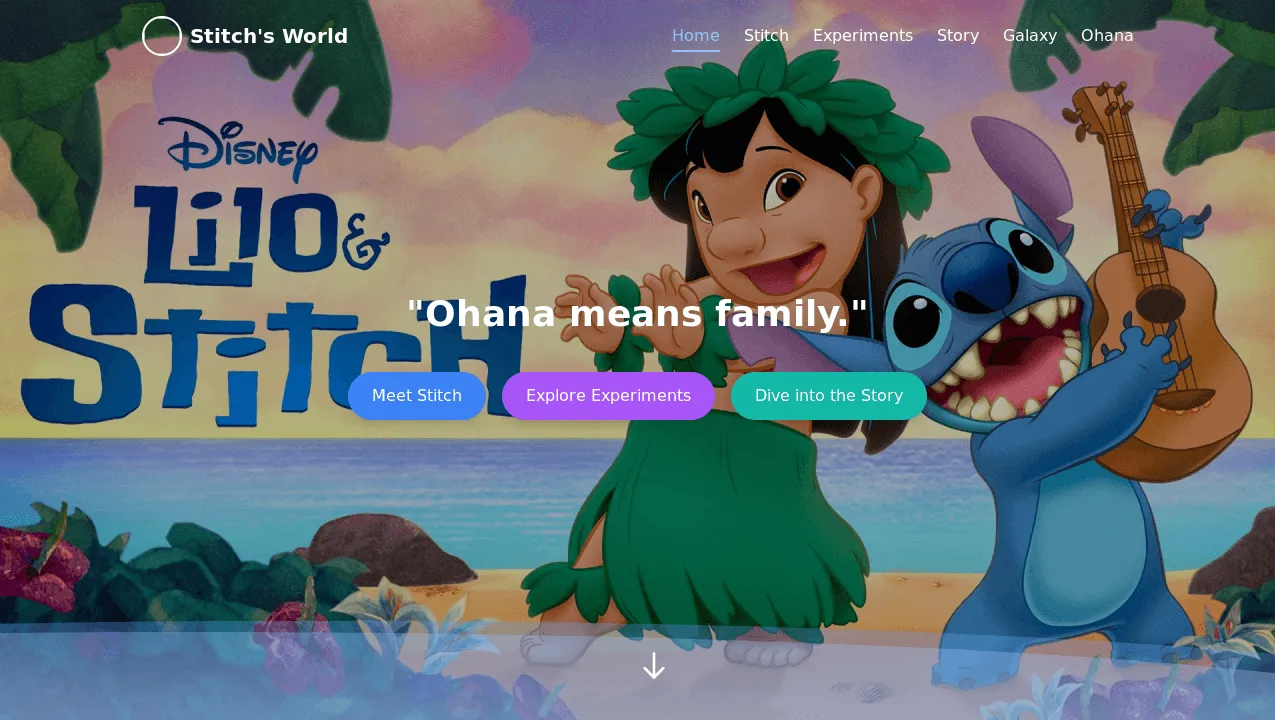Online Code Editor: Streamline Your Coding Workflow
Programming is shifting towards web-based development environments. These browser-based platforms remove barriers like complex installations and device limitations. Developers can now access powerful tools directly from their browsers.
These platforms change how programmers work daily. You can write, test, and deploy code right in your browser. No need to worry about system requirements or software compatibility.
The strength of this approach is its accessibility and flexibility. It's useful for beginners and experienced developers alike. These tools offer valuable features for all skill levels.
Key Takeaways
- Web-based development environments eliminate installation hassles and device restrictions
- Browser-based platforms provide instant access to coding tools from anywhere
- Modern web-based solutions offer both beginner-friendly features and advanced capabilities
- Cloud-powered development streamlines collaboration and project sharing
- These tools democratize programming by lowering technical barriers to entry
- Workflow efficiency improves through integrated testing and deployment features
What Makes Online Code Editors Game-Changers for Developers
Modern web-based coding platforms offer instant access and cloud-powered features. These online code editors break down barriers between developers and their creative potential. They transform the development experience in exciting ways.
Browser-based environments let you start coding in seconds. No more long installation processes or system compatibility issues. Cloud-based processing is a big shift in software development.
Modern online compilers handle many programming languages without separate setups. They work with Python, JavaScript, Java, C++, and more. This removes the need for complex toolchain configurations.
These platforms are great for new developers. They provide quick feedback and make learning easier. Students can focus on coding concepts instead of struggling with setup.
Online IDEs give everyone access to powerful development tools. It doesn't matter if you have a fancy computer or a basic Chromebook. This levels the playing field for developers around the world.
Professional developers also benefit from this change. They can switch devices while keeping full access to their projects. This improves team collaboration and remote work options.
Top Benefits of Switching to an Online Code Editor
Online code editors offer powerful advantages to modern developers. These browser-based platforms remove coding barriers and boost productivity. Free online code editors have changed how programmers approach their work.
Instant Access from Any Device or Browser
Instant access revolutionizes coding practices. You can code on different devices seamlessly. This flexibility removes hardware limitations completely.
Your projects stay in sync across all devices automatically. Your development environment remains consistent across browsers. This browser compatibility eliminates worries about operating system differences.
Zero Setup Time and Maintenance
Zero setup requirements save hours of configuration time. Online editors remove the need for installations and updates. You can start coding right away without any setup.
The platform handles all maintenance tasks behind the scenes. This efficiency lets you focus on writing code. You don't have to worry about managing technical infrastructure.
Built-in Collaboration and Sharing Features
Modern collaboration tools make teamwork easy. Developers can work together in real-time on the same project. Sharing code is as simple as sending a URL link.
Drag and drop features make file management a breeze. Customizable workspaces adapt to team needs. These tools turn coding into an interactive team experience.
Must-Have Features in Modern Online Code Editors
Today's online code editors offer powerful tools rivaling desktop IDEs. They turn simple text editing into full development environments. The right features can speed up coding and reduce errors.
Pro developers expect certain core capabilities from their coding tools. Web-based editors deliver these without complex setups or configurations.
Smart Code Enhancement and Predictive Text
Syntax highlighting makes code readable by color-coding different elements. It helps spot errors quickly and understand code structure at a glance.
Advanced autocomplete predicts code blocks and suggests API methods. It speeds up development while helping you learn new frameworks naturally.
Real-Time Compilation and Preview
An integrated compiler eliminates the edit-compile-run cycle that slows development. You can test code changes instantly without switching between apps.
Live preview shows your code results in real-time. It speeds up debugging and encourages experimentation with immediate visual feedback.
Seamless Repository Management
Built-in version control keeps your code history organized and accessible. You can track changes and manage project branches directly from your browser.
Git integration connects your projects to popular repositories like GitHub. You can commit, push, and pull changes without leaving your coding environment.
Advanced Problem-Solving Tools
Professional debugging tools let you set breakpoints and inspect variables. These features help identify logic errors and performance bottlenecks efficiently.
Real-time error detection highlights syntax mistakes as you type. This immediate feedback prevents small errors from becoming major debugging sessions later.
Leading Online Code Editor Platforms Worth Trying
Online coding platforms cater to various development needs and skill levels. Each platform offers unique strengths for different coding projects. Let's explore some standout options for your specific needs.
| Platform | Best For | Key Features | Pricing |
|---|
| CodePen | Front-end experiments | Live preview, community sharing, CSS animations | Free/Pro plans |
| CodeSandbox | Full-stack apps | NPM integration, hot reloading, deployment | Free/Team plans |
| Repl.it | Learning & prototyping | 50+ languages, multiplayer coding, classrooms | Free/Education plans |
| GitHub Codespaces | Professional development | VS Code interface, full terminal, extensions | Usage-based pricing |
Perfect for Front-End Experimentation
CodePen is the top choice for front-end developers and designers. Its three-panel interface makes HTML, CSS, and JavaScript development easy. It's great for testing CSS animations and creating interactive demos.
CodePen's community sets it apart from other platforms. Thousands of developers share their work, providing endless inspiration and learning opportunities.
Full-Stack Development Made Easy
CodeSandbox simplifies complex full-stack development. It handles modern JavaScript frameworks like React, Vue, and Angular with ease. The platform's npm package integration allows instant dependency installation.
Hot reloading keeps your workflow smooth. Built-in deployment options let you share working applications quickly. CodeSandbox is ideal for learning and professional project development.
Educational Coding and Quick Prototyping
Repl.it excels in education, supporting over 50 programming languages. Its classroom features enable collaborative learning and real-time code sharing. Students can work together on projects from anywhere.
The platform's multiplayer coding creates an engaging learning environment. Quick project setup makes it perfect for testing ideas and learning new concepts.
Professional Development Environment
GitHub Codespaces brings professional-grade development to your browser. It's built on Visual Studio Code, providing a familiar interface for many developers.
Full terminal access and extension support create a complete development environment. Seamless integration with
GitHub repositories makes version control effortless.
Programming Language Support and Framework Compatibility
Online code editors support almost every programming need. They break down barriers between different programming environments. Developers can switch languages easily without installing multiple tools.
Web Fundamentals: HTML, CSS, and JavaScript
Online editors excel at front-end development with HTML, CSS, and JavaScript support. They offer instant live previews that update as you type. CSS preprocessing tools like Sass and Less work seamlessly.
JavaScript debugging is easy with integrated console outputs and error highlighting. These features help beginners and experienced developers alike.
Server-Side Languages: Python, Java, PHP, and Node.js
Backend development is simpler with Python, Java, PHP, and Node.js support. Cloud-based environments provide integrated terminals and package managers. Database connections work without local installations.
Developers can run server-side code directly in their browsers. This eliminates the need for complex local development setups.
Modern Frameworks: React, Vue, Angular, and Django
Modern framework support includes templates for
React, Vue, Angular, and Django. Hot reloading keeps changes visible instantly. Build tools integrate smoothly without manual configuration.
"The best online editors make framework adoption feel effortless by removing configuration headaches entirely."
This wide language and framework support suits simple scripts and complex full-stack applications. Online code editors are versatile tools for various programming tasks.
Collaborative Development and Team Productivity
Online code editors have become essential team productivity tools. They break down barriers that once made remote development difficult. These platforms create seamless environments for developers to work together effortlessly.
Enterprise teams use these collaborative features to maintain consistent workflows globally. Real-time synchronization and advanced project management tools have revolutionized distributed development.
Live Code Sharing and Remote Pair Programming
Developers can share code instantly with team members worldwide. Live cursor tracking shows where each programmer is working in the codebase. This creates an authentic pair programming experience, rivaling in-person collaboration.
Multiple developers can edit the same file simultaneously without conflicts. Changes appear instantly across all connected sessions. This keeps everyone aligned and prevents confusion often seen with traditional file-sharing methods.
Shared Project Environments and Organization
Team workspaces offer dedicated spaces for efficient project organization.
Role-based permissions ensure appropriate access levels for team members. New developers can join projects quickly without complex setup procedures.
These workspaces include integrated communication tools linked to specific code sections. This context-aware collaboration speeds up decision-making and reduces miscommunication among team members.
Integrated Review Processes and Quality Control
Built-in code review systems allow team members to comment directly on specific lines.
Real-time suggestions and improvements appear alongside the code being reviewed. This integration significantly speeds up the traditional review cycle.
Automated quality checks run continuously, flagging potential issues early. Human oversight combined with automated detection creates a robust quality control system. This approach improves overall code standards and catches problems before they escalate.
Workflow Optimization Strategies for Online Code Editors
Smart workflow strategies can boost your coding efficiency in online development
environments. Web-based editors offer powerful features that transform how developers work. You can create a streamlined process that rivals desktop setups.
Leveraging Templates and Starter Projects
Templates are time-savers that eliminate repetitive setup tasks. Online editors provide extensive libraries covering various project types. Smart developers create custom templates for common projects, storing file structures and boilerplate code.
Community-contributed starter projects are valuable resources. They include dependencies, folder structures, and initial code samples. This approach cuts project setup time significantly.
Customizing Your Development Environment
Personalization boosts productivity through familiar interfaces and shortcuts. Most platforms allow theme, keyboard, and layout adjustments. Consistent environment settings maintain your workflow rhythm across different editors.
Extension management is crucial for optimization. Installing relevant plugins creates a tailored development experience. These tools enhance syntax highlighting, code formatting, and overall productivity.
Integrating AI-Powered Code Assistance
AI code assistance transforms modern development workflows. These tools provide intelligent autocomplete, error detection, and context-based suggestions. Advanced AI models
analyze coding patterns and offer relevant improvements.
Many platforms now feature AI for refactoring and documentation generation. This technology speeds up learning and reduces debugging time. It can even explain complex code sections.
Managing Multiple Projects and Repositories
Efficient project management is key when handling multiple projects. Organized workspaces and clear naming prevent confusion between codebases. Most editors integrate with Git repositories for seamless version control.
The following table outlines key optimization best practices for different workflow aspects:
| Workflow Area | Optimization Strategy | Time Savings | Difficulty Level |
|---|
| Project Setup |
Custom templates and starters | 60-80% | Easy |
| Environment Config | Synchronized settings across platforms | 40-60% | Medium |
| Code Writing | AI assistance and smart autocomplete | 30-50% | Easy |
| Project Switching | Organized workspaces and bookmarks | 50-70% | Medium |
Embracing the Web-Based Development Revolution
Online code editors are transforming how we approach coding. They're reshaping the entire coding experience for developers worldwide. This shift goes beyond simple convenience, sparking a revolution in programming.
Traditional barriers to programming access are disappearing. Students in remote areas can now learn alongside peers from major tech hubs. Small teams can use powerful tools to compete with larger organizations.
Web-based platforms offer AI assistance, real-time collaboration, and instant deployment. These features create a superior coding experience compared to desktop environments. This transformation is reshaping entire development workflows.
Developers who use online code editors gain access to cutting-edge features. They can collaborate globally and streamline their development processes. Web-based approaches eliminate setup friction and open doors to innovative programming methods.
The future of development is moving towards cloud-native environments. Embracing this change now will keep you ahead of the curve. Web-based development offers flexibility, power, and accessibility that can benefit your coding journey.
FAQ
What is an online code editor and how does it differ from a traditional IDE?
An online code editor is a web-based development tool that runs in your browser. It doesn't need software on your computer. These editors offer cloud-based features and real-time teamwork.
They're more flexible than desktop IDEs like VS Code or Eclipse. You can access them from any device with internet.Can I use online code editors for professional development projects?
Yes! Modern online editors have features for serious coding work. They include Git integration, debugging tools, and
team workspaces.Many pros use these for quick tests and full app development. Free options are great for beginners. Paid plans offer more team and security features.Which programming languages are supported by online code editors?
Most online editors support many languages like HTML, CSS, JavaScript, and Python. They also work with Java,
PHP, TypeScript, Kotlin, and Node.js.Popular platforms support modern frameworks like React and Vue. Many editors can compile and run dozens of languages instantly.How do online code editors handle collaboration and code sharing?
Online editors excel at teamwork. They offer shared workspaces and easy code sharing via links.You can edit together in real-time or share your work. Many connect with GitHub and other services for project collaboration.
Do I need to install anything to start using an online code editor?
No installation needed! Just open your browser and go to sites like CodePen or CodeSandbox.These tools come ready with compilers and editors. It's perfect for learning or quick testing.Can online code editors work with existing Git repositories?
Yes! Most pro online editors work well with Git. You can clone repos from GitHub or GitLab directly.Make changes, commit updates, and push code back. It keeps your workflow while adding browser-based convenience.Are there any limitations compared to desktop development environments?
Online editors need internet and may slow with huge projects. They might have limited system access.But modern platforms offer custom setups and AI help. For most tasks, these tools provide all you need.How do online code editors help with learning programming?
Online editors are great for beginners. They remove tech hurdles and give quick feedback.Many offer templates and tutorials. You can share code and get tips from others easily.
What about AI assistance in online code editors?
Many online editors now use AI for smart code help. These features speed up coding and teach best practices.AI assists beginners learning new languages. It also helps pros explore unfamiliar frameworks.Can I deploy and host projects directly from online code editors?
Yes! Many online editors let you publish and host projects easily. Some provide hosting, while others work with popular platforms.This smooth process from coding to sharing makes it simple to show your work.


